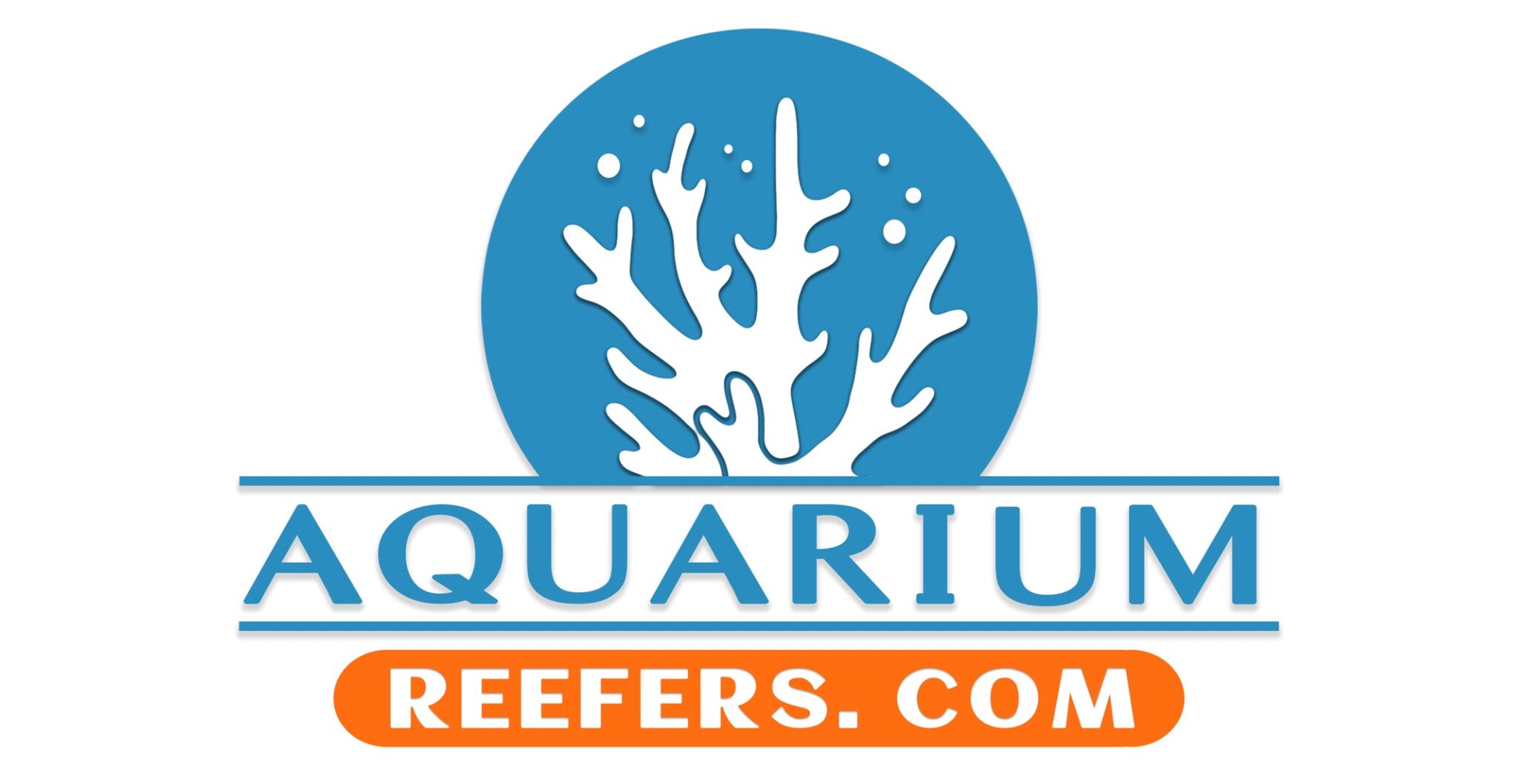Description
The Lyretail Hogfish (Bodianus anthioides) is a striking marine fish known for its vibrant colouration and unique tail shape. It can reach a maximum size of around 6 inches (15 cm) in length. The body of the Lyretail Hog is elongated and laterally compressed, with a rounded snout and a distinct lyre-shaped tail, which gives it its common name.
Taxonomy:
The Lyretail Hogfish belongs to the genus Bodianus, which is part of the family Labridae. This family is commonly referred to as wrasses and is characterized by their elongated bodies, prominent lips, and continuous dorsal fin. The Lyretail Hog is closely related to other members of the Bodianus genus, such as the Cuban Hog (Bodianus pulchellus) and the Candy Cane Hog (Bodianus sepiacaudus).
Natural Habitat:
In its natural habitat, the Lyretail Hogfish can be found inhabiting coral reefs and rocky areas. It prefers areas with ample hiding spots and crevices where it can seek shelter. These fish are commonly found in the Indo-Pacific region, including the Red Sea, the Maldives, and the eastern coast of Africa. They are often encountered in depths ranging from 10 to 30 meters.
Keeping The Lyretail Hogfish Healthy:
The Lyretail Hogfish requires moderate care and is suitable for intermediate-level aquarists. Providing a well-maintained aquarium with proper water parameters is crucial for its health. It thrives in water temperatures between 72°F and 78°F (22°C to 26°C) and a pH range of 8.1 to 8.4. The Lyretail Hog may be slightly sensitive to changes in water quality, so regular water testing and maintenance are essential.
Special Requirements and Feeding:
The Lyretail Hogfish is a carnivorous species that should be fed a varied diet consisting of high-quality marine-based foods. Offer a mix of frozen and live meaty preparations such as brine shrimp, mysis shrimp, and small crustaceans. It is recommended to feed them multiple small meals throughout the day rather than one large feeding.
How Many Should I Keep:
The Lyretail Hogfish is generally best kept singly or in pairs to minimize aggression. Keeping multiple individuals may result in territorial disputes and aggression towards conspecifics.
Lighting Preference:
The Lyretail Hogfish does well under standard aquarium lighting conditions and does not have any specific lighting preferences.
Suitable Tank Mates:
When selecting tank mates for the Lyretail Hogfish, it is important to choose peaceful fish that are compatible with its territorial nature. Avoid housing it with overly aggressive or larger fish that may intimidate or harm it. Suitable tank mates include other peaceful reef fish such as gobies, blennies, and small wrasses.
Reproduction in the Wild:
In the wild, the Lyretail Hog (Bodianus anthioides) engages in sexual reproduction to perpetuate its species. These fish are protogynous hermaphrodites, meaning they start their lives as females and can later transition into males. As they mature, some individuals undergo sex change and develop male reproductive organs.
Breeding Bodianus anthioides:
- Set up:
Breeding Lyretail Hogs in captivity requires a well-maintained aquarium with optimal water conditions. The tank should provide ample hiding places and suitable substrate for the eggs to adhere to.
- Courtship/Spawning:
During courtship, the male Lyretail Hogfish displays vibrant colours and engages in elaborate fin displays to attract the attention of the females. The male will lead the female to the chosen spawning site and perform courtship rituals.
- Rearing: After successful spawning, the female will release her eggs, and the male will fertilize them externally. The fertilized eggs are sticky and adhere to the substrate or other surfaces. The male plays no further role in parental care, and the female may occasionally guard the nest.
Sexual Dimorphism:
Sexual dimorphism in the Lyretail Hogfish is evident in its colouration and fin morphology. Males often exhibit more vibrant and intense colours compared to females. Additionally, males may have longer fins, particularly the dorsal fin and tail, which are more lyre-shaped.
Distribution:
The Lyretail Hogfish (Bodianus anthioides) is not commonly found in captive-bred or line-bred strains. In the wild, it is distributed across the Indo-Pacific region, including the Red Sea, the Maldives, and the eastern coast of Africa.
Summary:
The Lyretail Hogfish (Bodianus anthioides) is a captivating fish species with its vibrant coloration and unique lyre-shaped tail. It requires moderate care and is best suited for intermediate-level aquarists. Providing a well-maintained aquarium with appropriate water parameters is essential for its health and well-being. These fish are carnivorous and should be fed a varied diet consisting of marine-based foods. The Lyretail Hog can be kept singly or in pairs and should be housed with peaceful tank mates. In the wild, they engage in sexual reproduction, and breeding them in captivity requires specific tank setup and suitable conditions. The Lyretail Hog is native to the Indo-Pacific region and is not commonly found in captive-bred strains.
The Fish pictured here are representative only and the livestock you receive may vary in pattern, coloration, and shape.









Reviews
There are no reviews yet.